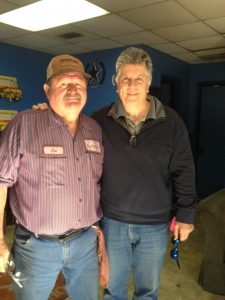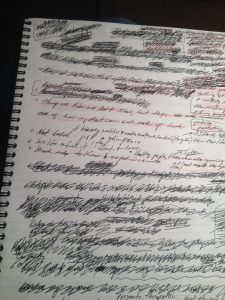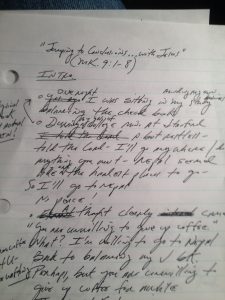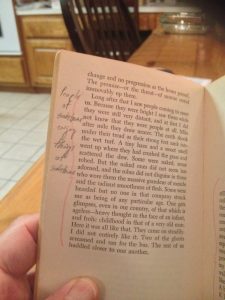Esther Meek wrote a terrific book entitled, Learning to Know: The Philosophy of Knowledge for Ordinary People. In it, she describes how finding a reliable mechanic helped her better understand how we use certain clues to determine whether God as known in Jesus Christ is who He claimed.
More generally, how do we know what we know? It is an important branch of philosophy called epistemology. Too many people, including plenty of Christians, don’t think about how and why they think the way they do.
I read Meek’s book several years back. At the time, my experiences with mechanics was mixed. Some were okay while others had clearly taken advantage of me.
Enter Joe Ruiz. Joe’s shop is here in Austin. Two friends I implicitly trust told me how Joe kept their cars running. Many times, Joe told Gil or Mike that they did not need all the other “recommended” stuff other mechanics had tried to sell them.

My experience with Joe mimics what Gil and Mike have experienced. Our car (with 210,000 miles) recently lurched forward from a stop. I figured the transmission was going since it is the original one. I took it into Joe. Joe told me the catalytic converter may be responsible. He thoroughly checked out everything else including the transmission. All looked good. He recommended adding five gallons of high octane fuel which I did.
Our car is back running just fine. Joe charged $107 for all the work. I was dreading a large expense that would have been challenging on our budget.
Meek’s argument that we pick up clues to determine whether God is trustworthy is inspired by the great philosopher of science, Michael Polanyi. I highly recommend it!
And if you live in the Austin area, I know a great car mechanic!
https://www.amazon.com/Longing-Know-Esther-Lightcap-Meek/dp/1587430606/ref=sr_1_2?s=books&ie=UTF8&qid=1517415640&sr=1-2





